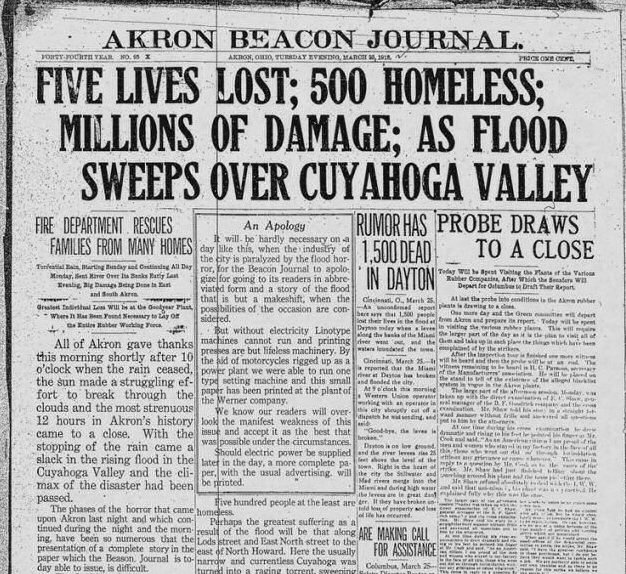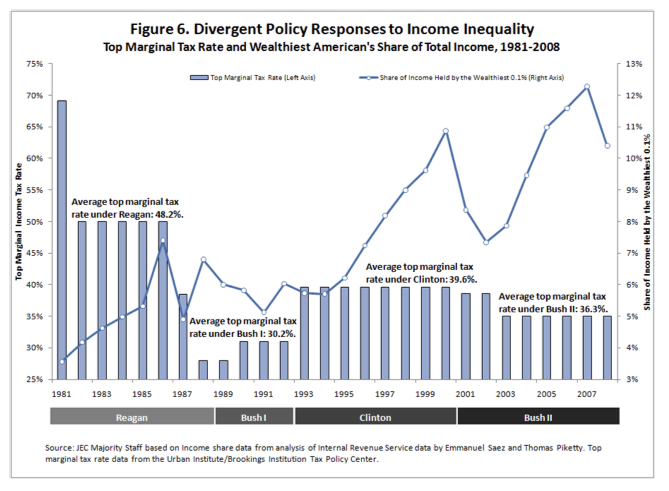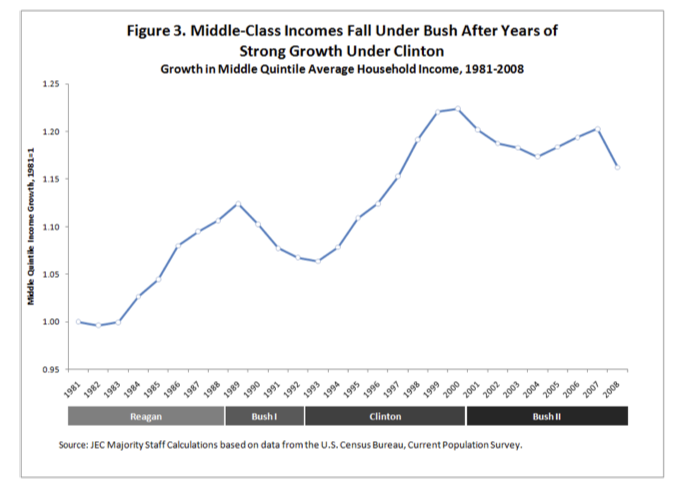The law, in its majestic equality, forbids the rich as well as the poor to sleep under bridges, to beg in the streets, and to steal bread.
From Anatole France
The law, in its majestic equality, forbids the rich as well as the poor to sleep under bridges, to beg in the streets, and to steal bread.
From Anatole France
I was always puzzled when right-wing activists pointed out that a majority of the population was against the health care reform act, without noting that much of the opposition came from people who wanted HCR to go much further in a leftward way. When a poll shows that a majority is against something, you can’t simply assume that means they all agree with each other. And so it was with health care reform.
So I was not surprised to read this Salon report on a new AP poll that showed that, by a two to one margin, people wanted health care reform to go further.
The poll found that about four in 10 adults think the new law did not go far enough to change the health care system, regardless of whether they support the law, oppose it or remain neutral. On the other side, about one in five say they oppose the law because they think the federal government should not be involved in health care at all.
The AP poll was conducted by Stanford University with the Robert Wood Johnson Foundation. Overall, 30 percent favored the legislation, while 40 percent opposed it, and another 30 percent remained neutral.
Note that: only 20% oppose because they don’t want the government involved in health care. I wonder how many of those people are on Social Security and use Medicare?
Edit to add: Kevin Drum disagrees that this poll argues for a more progressive bill, and runs some numbers to back up his case.
I know this won’t come as a surprise to anyone reading this blog, but the Republicans are up to their same old tricks. They say they’re concerned for “small business” but in fact they are only interested in enriching the wealthy.
Democratic Rapid Response calls them out on their “Pledge to America” in this short video.
From the Akron Beacon Journal, March 25, 1913. Part of Captain Pearl Nye, Life on the Ohio and Erie Canal, a Library of Congress Digital Collection.

By now you’ve heard that the Senate refused to allow debate on the Defense Appropriation Bill in order to scuttle the repeal of “Don’t ask, don’t tell”. Once again Republicans, aided by a couple of ConservaDems, refused to even discuss a bill in the Senate. This has been their consistent pattern since the Democrats took control. Lawrence O’Donnell and Rachel Maddow had an excellent discussion of this dynamic in this segment from the Rachel Maddow show last night.
Visit msnbc.com for breaking news, world news, and news about the economy
Keep in mind that a majority of the American public supports the repeal of DADT. But this Republican obstructionism isn’t influenced at all by what most people want. They intend to obstruct and cause trouble for the Democratic majority of the Senate, and that’s all they intend to do. They act the same way on every issue that comes before the Senate.
Annie Lowrey at the Washington Independent points us to a report on income inequality from the Senate’s Joint Economic Committee. She highlights several graphs and conclusions that show the remarkable way that the wealthy have become even more so over the past decade, while middle class and working incomes have stagnated or declined. The charts are interesting in part because they break out income and tax rates according to the various modern-day Presidential administrations. Here is one example:

Even under Clinton you can see that the wealthy increased their share of total income. And in fact, Lowrey notes that according to the report this has been happening pretty consistently since the 1960s. In the Bush years, not surprisingly, the trend increased even faster. (And hey! The economy was doing pretty well under Clinton, even with 3% higher taxes on everyone.)
But also important is what happened to middle class incomes during these years. Under Clinton, while the wealthy were getting richer and grabbing a larger share of the nation’s wealth, the middle class also saw their incomes rise. Under Bush, again unsurprisingly, middle class incomes declined, even as the incomes of the rich grew even faster.

Some politicians these days (**cough** Alan Simpson **cough**) seem to think that U.S. workers and citizens should simply accept that their living standard is being lowered consistently while the rich get richer. That’s the economic philosophy of the plantation: accept that the wealth goes to the owners and be grateful you’re allowed to survive at all.
But that’s not my philosophy. That’s not the liberal philosophy. We stand with the working people of this country, those whose labor actually produces the wealth. And we think, yes proudly believe, that the rich have taken much more than their share and should return it.
After all the constant hand-wringing about the deficit from many feckless politicians, you might be surprised to learn that the deficit declined 13% over the past year. We face a lot of economic problems, but I remain unconvinced that the deficit is, at this moment, one of them.
Edit to add: That said, it seems perfectly legitimate to me to use the deficit as a cudgel against Republicans who demagogue about the deficit when it comes to spending, only to ignore it completely when it comes to tax cuts. Pointing out that kind of hypocrisy is always good.
And it is irresponsible to insist that those who do the hardest labor should be forced to retire later, just to make sure we don’t ask rich people to pay more taxes.
AFSCME is right. The Democrats have better (though imperfect) economic policies.
Edit to add: Krugman today explains exactly how disastrous Republican economic policies would be.
Edit to add: Also see today’s post in Timothy Noah’s Slate series on Income Inequality. He shows that inequality consistently rises under Republicans and falls under Democrats, and in addition the economy grows more slowly under Republican control.
Must read: this post on the economy by Karl Smith at Modeled Behavior.
…This is a failure of our basic institutions of production. The job of the market is to bring together willing buyers with willing sellers in order to produce value. This is not happening and as a result literally trillions of dollars in value are not being produced.
He goes on to emphasize that it’s not misallocation, it’s not government misconduct, it’s trillions of dollars of potential wealth that is simply not being created. Period. What he doesn’t, perhaps can’t, fully add is the solution to this disconnect.
I don’t know the answer either. Businesses and wealthy people are sitting on piles of cash that could be used to bring these factories and workers together. I honestly don’t understand why they are unwilling or unable to do so. But I think this post is a very succinct description of the problem.